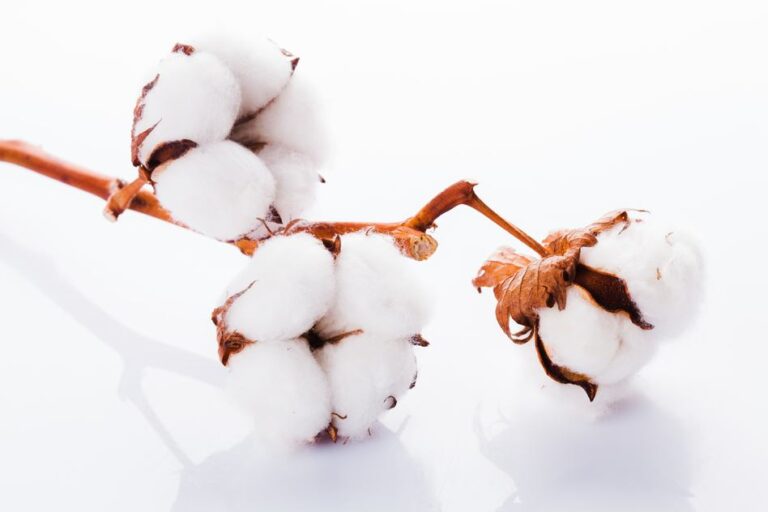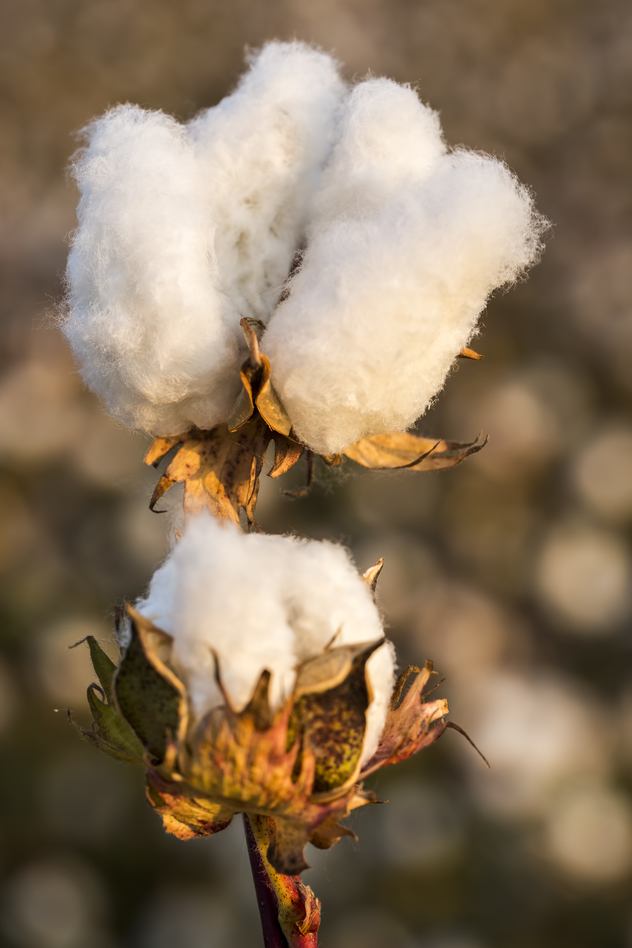
Organic cotton and conscious consumers.
In a previous article, we analyzed the prominence of natural and artificial fibers within the fashion industry.
Within natural fibers, what is the current role of organic cotton in fashion brands?
The profile of the new generations of conscious consumers has a distinctive “organic” seal. Clearly, brands have taken note of this and they have promoted changes in their marketing campaigns and their supply chains so as to comply with the criteria of ethically and organically sourced fibers and materials. To many of these companies, the use of organic cotton in their collections has become a prerequisite for the brand’s success, as much as the quality of the production, the variety of styles and the successful adherence to current trends.
In the last ten years, the farming of organic cotton has had a positive effect on the transformation of the textile industry. In 1996, several lines of sportswear made of 100% organic cotton were launched, and the sector perceived this as a risky move. Nevertheless, what was then considered an unusual strategy was supported by the commitment to sustainability, as well as the intention of dramatically reducing the production costs of chemically-farmed cotton. Soon afterwards, it was evident that environmental benefits far outweighed financial risks and the leadership of the brands that carried it through served as an example to show and prove that 21st century brands must take into account other aspects that consumers and prospective customers consider essential.
Organic cotton and sustainability.
the protection of the environment, as well as a disruptive and positive force within the producing farming communities. Brands are willing to participate in an honest discussion about the origins of the fibers and other materials, which in turn generates trust and loyalty in the consumer. Since organic represents a strong label that is clearly understood and well established regarding sustainability, it is becoming increasingly necessary for textile companies to add organic cotton to part of their collections. Similarly to the food, health and beauty sectors, the fashion industry is under pressure to offer clients and conscious consumers health options which are environmentally friendly to the planet and its ecosystems.
Leading brands are moving forward with the “fashion revolution” by changing the focus of the story by projecting the clothing brand to the “situation behind the scenes”. They do it because for the new generation of conscious consumers it is important to know the where-how-and-who of the manufacturing of the garments and accessories they will wear. The effect of consumers on the brands that embrace the organic trends is so huge that companies are applying the same principles and techniques to fibers and materials such as recycled polyester, lyocell and others.
This mix of environmental, social and economic benefits that organic cotton brings provides a basis to consider the impact of other options in fibers and the optimal creation of the materials portfolio.
The use of this type of cotton by global flagship brands is a demonstration of the high level of commitment to increase the ratio of this type of cotton in textile fashion collections.
Organic cotton and corporate social responsibility.
The companies that in the last few years have made the greatest effort in adopting em>organic cotton have experienced more visibility as a direct result from this action; additionally, they not only promote the farming of organic cotton, but also other materials from sustainable sources. Despite this strong increase in the procurement of certified organic cotton, manufacturing companies must continue to improve in order to reach 100% sustainable practices and to keep taking part in projects that go beyond certification.
Bottom line.
In my opinion, the use of organic cotton and the new technological and smart fabrics in fashion are currently the two most disruptive trends in the sector.
To support the growth of small organic cotton farmers is now a vital part of the textile supply chain and it focuses on the social and economic aspects of sustainability. In this regard, the industry standards also include environmental requirements and organic certification in order to generate an even stronger commitment to protect the environment and to build the long-term sustainability we all want.
We are on the right path and we will make it!













































